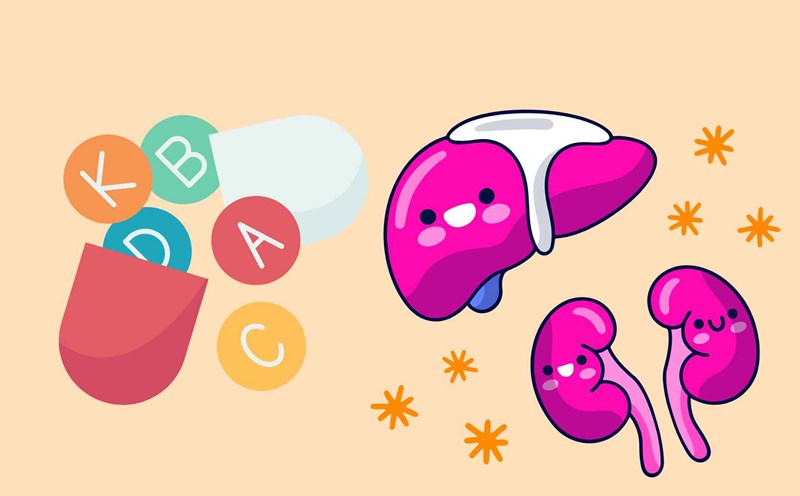Cracks or ulcers in the cornea of the mouth seem to be a small problem due to dry skin, but in fact they can signal vitamin deficiency in the body. This condition, called cleft lip inflammation, is often associated with a fungal infection or weakened immune system. In addition, B vitamins and iron deficiency are also common causes of this phenomenon. Early recognition and proper treatment will help control effectively, preventing recurrence, according to Onlymyhealth.
What is cosmetic arthritis?
According to Dr. Bipin Upadhyay, orthodologist at KJ Somaiya Hospital (Mumbai, India), cleft lip inflammation is an inflammation, cracking, redness in the lip gland, causing pain and discomfort. This is a common infection caused by bacteria or fungi, affecting children and adults aged 30-60, especially those wearing prosthetics. Some general diseases such as HIV, Crohn's disease or ulcerative colitis also increase the risk of disease.
Nutritional deficiencies and Ornamental foot inflammation
Ornamental infections are often associated with deficiencies in important vitamins and minerals, especially:
Deficiencies in vitamins B2 (riboflavin), B3, B6, B12 and iron slow down the recovery of the skin and mucous membranes, making it difficult for cracks to heal.
Iron deficiency reduces oxygen supply to tissues, causing damage to recover in time.
Vitamin C deficiency also affects gum health.
Other causes of cleft lip inflammation
In addition to nutritional deficiencies, cleft lip inflammation can be caused by:
The habit of licking your lips or prosthetics without changing regularly causes saliva accumulation.
Allergies to lip cosmetics or dental products.
The dry, cold weather caused her lips to crack.
Full-body diseases such as diabetes or autoimmune diseases.
Treatment and prevention
Keep your lips soft by applying coconut oil or kerosene.
When infected by fungi or bacteria, the doctor may prescribe antifungals or antibiotics.
Supplement B vitamins and iron through food or tablets as prescribed.
Avoid eating spicy, sour foods when your lips are damaged.
Cleaning your teeth and repairing your dentures is not enough to reduce saliva accumulation.
Control underlying diseases such as diabetes well.
When should you see a doctor?
If the cracked canker in the mouth lasts for more than two weeks or shows signs of serious infection such as swelling, pus, you should see a dentist or specialist for timely examination and treatment. In case of suspecting more complex diseases, the doctor may prescribe intensive or biochemical tests to rule out the risk of cancer or autoimmune diseases.










